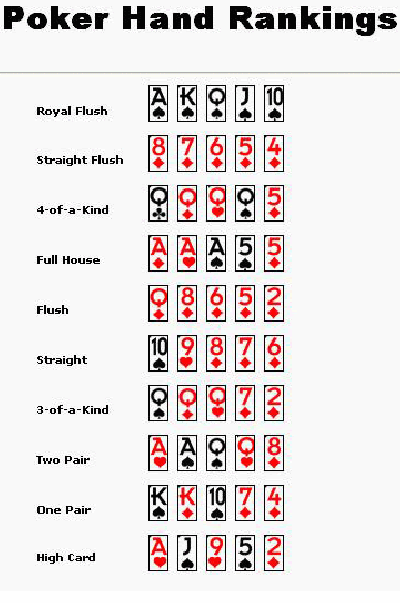Table of Contents
QUICK AND DIRTY APPRAISAL
Goods that appear in the printed Gear Book need no appraisal, everyone will have a rough idea what they're worth. However, things like gems, jewelry, antiques and the like are subject to non-obvious market realities.
Mystery Version: Someone can attempt to make an appraisal. He tells the GM his Intelligence (plus proficiency if he has Appraisal Skill) bonus and the GM makes a check. If the check passes, the GM will tell the player the order of magnitude of the value of the item (i.e., whether it is worth 1's, 10's, 100's or 1000's of gp). If the check is a failure, roll 1d6. 1-2= I don't know, 3-4: appraise it at 1 order too high, 5-6=appraise it at 1 order too low.
Super Quick and Super Dirty: character rolls an Appraisal check, if he passes, GM tells you the sale value, if he fails, he doesn't.
Optional Appraisal Rules
For regular non-magical treasure or goods where we just want to create a random set of values for non-magical treasure we may want to use this appraisal minigame. In this game, the treasure in question is given a basic value of it being worth copper, silver, gold, or platinum.
A series of three community cards are drawn and laid face up. Each and every random treasures are each dealt a card face up, and another one face down next to it.
All the players who are perhaps choosing which treasures they want to pick are dealt a hand of their own. That hand could be a single card, two cards if they make an INT check, and a third if they make an Appraisal check. Any other modifiers also give an appraiser the ability to gain a hand of one or two cards depending on the GM's whim.
The party must then create poker hands that MUST include at least one of the two cards for the treasure. Player characters with Appraisal may look at the face down cards, but others cannot.
Based on the cards in their hand, the community cards, and the cards for each treasure the party can cash the treasure in for an amount of cash using the formula below.
- High Card = base * high card (jack 12, queen 15, king 18, ace 20, joker 25)
- One Pair (1/2 Odds) = base * pair card * 2;
- Two pair (1/20 odds) = base * higher pair card * 5;
- Three of a kind (1/60) = base * three of a kind card * 10;
- Straight (1/180 odds) = base * high card in straight * 25;
- Flush (1/360) = base * high card in flush * 30;
- Full House (1/1000 odds) = base * highest card * 50;
- Four of a Kind (1/2000 odds)= base * four of a kind card * 100;
- Straight Flush (1/10000 odds) = base * highest card * 500 ;
- Royal Flush (1/30000 odds) = base * highest card * 1000;
A joker is wild for the purposes of determining the hand, but retains its multiplier of 25.
For example, the heroes encounter a strange bejeweled snuff box, perhaps once belonging to an Atlantean noble in poor shape. Its base value is in silver. The community cards are dealt, but the highest hand is only a queen of diamonds which rests on the snuff box. Anyone who doesn't have a hand can only get 15 silver pieces for this item. However, another player holds their own queen, making their hand a pair for 15*2=30 silver pieces. Another player drew three diamonds, allowing them to make a flush of the same suit for five cards, along with the queen and the community cards. The highest card in the flush is a king, but since the queen is still in the hand it counts. They have the contacts and knowledge allowing them to cash that very same treasure in for 18*30 = 540 silver pieces.
Hopefully, this game should add a new wrinkle to cashing out at the end of the adventure. If it proves tiresome or idiotic, there is no reason why we need to keep using it. We should probably start with the base of copper, since the maximum that treasure might work up to is 250 gold.
Design Notes
I'm really trying to appreciate this, I really am, I mean who doesn't love poker hands? But, I don't quite see what it adds. I think we might get more in-town action if we force people to find buyers for weird stuff.
Yeah, honestly the more I think about it the more I agree with you. What I'm trying to do is create a situation where those who have Appraisal have more information about how much they can get for an item (less OR more, BTW) than someone who doesn't. Perhaps I need to head back to the drawing board?
